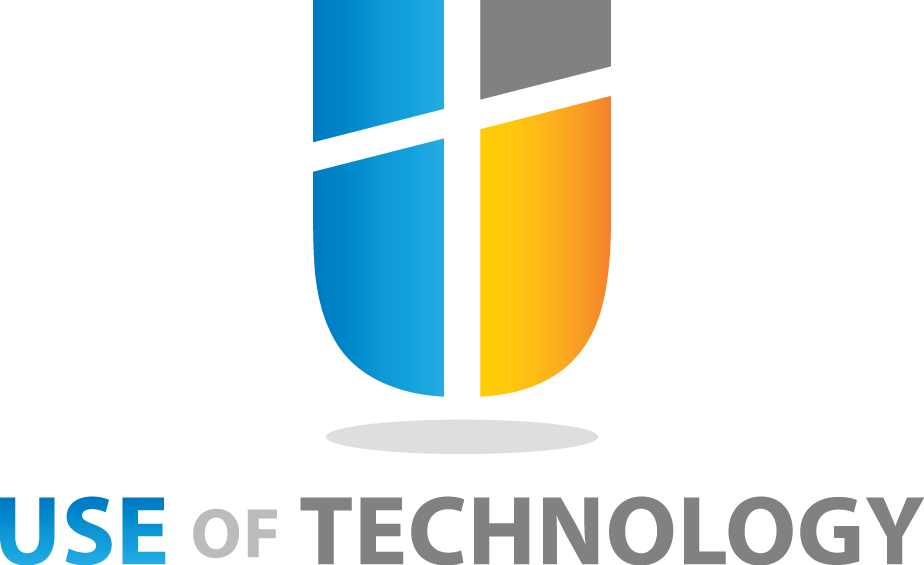A recent poll for the Royal Society of Arts found that 15% of the British workforce will be replaced by robots over the next ten years.
A recent poll by YouGov has recently revealed that an estimated four million jobs in the British private sector can be replaced by robots and AI generation technology in as little as the next ten years. This could have an impact on up to 15% of the current British workforce.
The poll, conducted for the Royal Society of Arts, was conducted in order to gain a better estimation of the future of the modern workplace, according to executive chief, Matthew Taylor, who has been working closely with Downing Street in order to anticipate and meet the demands of the future.
The poll affirms that jobs in areas such as finance, accounting, transport, media and distribution, marketing and advertised, will become automated within the next decade.
The latest poll’s prediction on the implications of implementing robotics in the workforce, is noticeably lower than other studies done in the field.
The University of Oxford conducted a similar study four years ago and concluded that 35% of vocations would become obsolete. In addition, the Bank of England estimated in 2015 that up to 15m jobs would be at risk.
The RSA’s poll is noticeably more optimistic than these predications, including those of leading individuals in the tech world, such as Elon Musk, who has stated that AI would become the biggest threat to humanity as they have the potential to do everything better than humans.
The University of Oxford and Deloitte as estimated that over 850 000 jobs in the public sector could become obsolete by 2030.
Many large firms and corporations have already implemented AI technology.
Asda, a British supermarket retailer, has a fully automatic distribution warehouse situated in west London. The accountancy firm, PwC, has an automated system which can perform white-collar tasks. Linklater, a law firm, have also joined the AI technology race by developing software robots that can learn to do tasks which are usually performed by junior accountants and lawyers.
While the loss of many jobs seems inevitable, the RSA cautioned that this is not necessarily a bad thing. By delegating mundane tasks to AI software and robots, we can employ humans in a more meaningful way with a higher wage, which would allow human workers to focus on human-centric roles that cannot be performed by AI technology.
Most business leaders agree with this statement. AI would not eliminate jobs, but rather change the way the workforce operates entirely. It would also lead to many new roles being created such as the maintenance and programming of machines. Many believe that this would lead to greater prosperity and greater job satisfaction for humans in the long run.
AI technology won’t be confined to large businesses and corporations. A care home in Lincoln has recently implemented robots with daily mundane tasks such as reminding residents of their medications. The robots also monitor residents as a nurse normally would. Another care home in London, Three Sister Home Care, will soon start experimenting with robots to lift people.
According to the Three Sister’ chief executive, Jobeda Ali, this will make the daily working routine of regular workers much more convenient, enjoyable, and enable them to give residents more energy and attention.
Not everyone has met AI technology in the workplace with enthusiasm. The Trades Union has recently warned employers to not do away with good jobs.
General Secretary of the TUC, Frances O’Grady, implementing AI technology will allow greater prosperity for the economy. However, this needs to be balanced out with a policy surrounding workers’ benefits, to ensure that everyone prospers and enjoys improved pay and working conditions.
According to Benedict Dellot, author of the report, the speed with which AI jobs are created has so far been restricted due to the limitations of robots. This has been demonstrated numerous times such as automated car crashes, and the difficulty experienced to program robots to read at an average adult level.
In its report, the RSA has cautioned the UK to invest more in robots to meet the demands of the future. Other countries such as the US, France, Germany, Spain, and Italy, have so far invested more in robotics than the UK.
Dellot emphasised that robotics could fill certain glaring gaps in the market. They can fill dangerous and low-paid jobs that most humans wouldn’t want.
However, AI technology could also deepen an already huge economic inequality. The RSA has cautioned business leaders to use the opportunity of AI technology to enrich the worker experience, rather than exploit human workers while benefiting from relatively low-cost AI labor.

